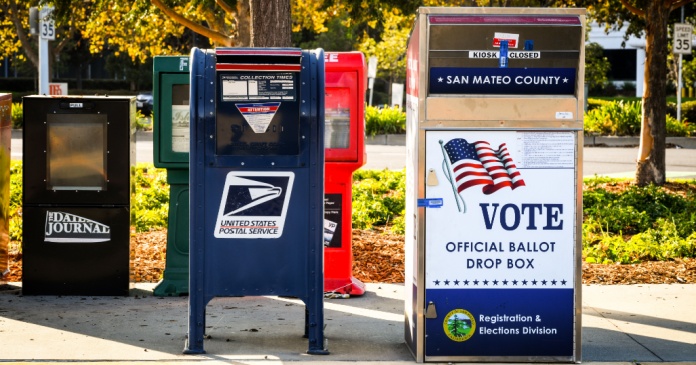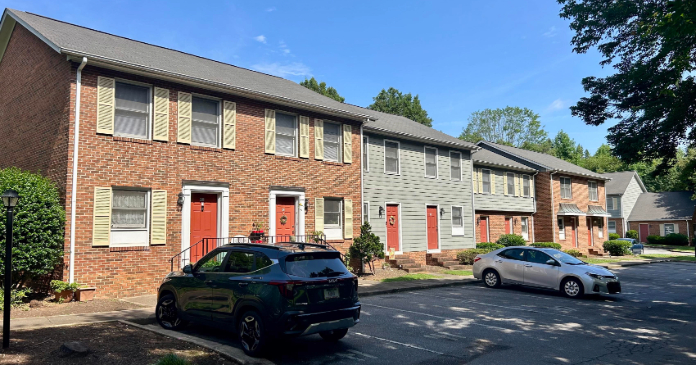Proposition 33, the latest attempt to open the door to rent control in California, went down to defeat Tuesday. It was supported by only 38.4 percent of the voters compared to the 61.6 percent of voters who rejected the measure. The results are nearly the same as those for the two earlier ballot propositions, in 2018 and 2020, that also intended to enable rent control in California.
Surprise, surprise, surprise
A recent poll had indicated significant strength for the pro-rent control measure with equal numbers of likely voters supporting the “yes” and “no” positions. However, the poll also listed 27 percent of likely voters as “undecided” and those voters seemingly broke overwhelmingly for the “no” side. In the end, Prop 33 was defeated by over 2 million votes out of 9.5 million cast. It lost in every county in the state.
Spending on the proposition was high, but in line with what had been spent on the similar past propositions. The “no” side, led by the California Apartment Association and the California Association of Realtors, spent over $77 million to convince California’s voters that rent control is a bad idea. The “yes” side spent nearly $42 million to convince them otherwise.
As in the 2018 and 2020 elections, nearly all of the money spent on the “Yes on 33” side came from one source: Michael Weinstein’s AIDS Healthcare Foundation. And that leads us to Proposition 34.
Heading off future challenges
After spending hundreds of millions of dollars fending off the three attempts in six years to enable local rent control ordinances to be imposed, the housing industry sought to head off future attempts by putting Proposition 34 on the ballot. This measure requires certain health care companies to spend 98 percent of the revenues they derive from the sale of drugs under a federal discount drug program on direct patient care. Prop 34 passed with 51.5 percent voting “yes” and 48.5 percent voting “no”.
The targeted health care companies are those that have spent $100 million over any ten-year period on anything other than direct patient care and that operate multifamily housing properties that have been reported for 500 or more severe health and safety violations. It may not be a coincidence that this describes Michael Weinstein’s AIDS Healthcare Foundation (AHF). If its gross profit margin is cut to 2 percent, he may not be able to afford to spend $40 million every 2 years to put rent control on the ballot.
In a post-election statement Michael Weinstein blamed the defeat of Prop 33 on Governor Gavin Newsom, who came out against it. He also said, “Throughout AHF’s 38-year history, we have always fought for what’s right. It has never been easy. However, we will never give up the fight to achieve justice for renters.”
The battle for rent control in California may not be over.













